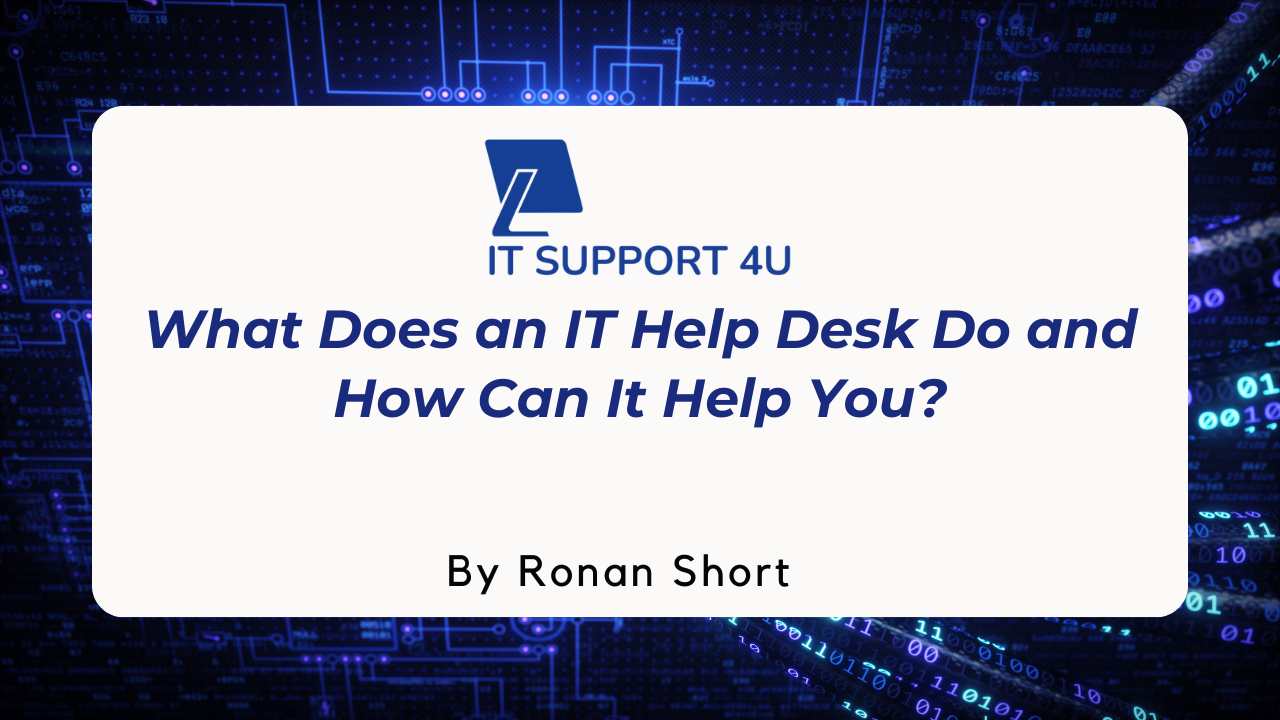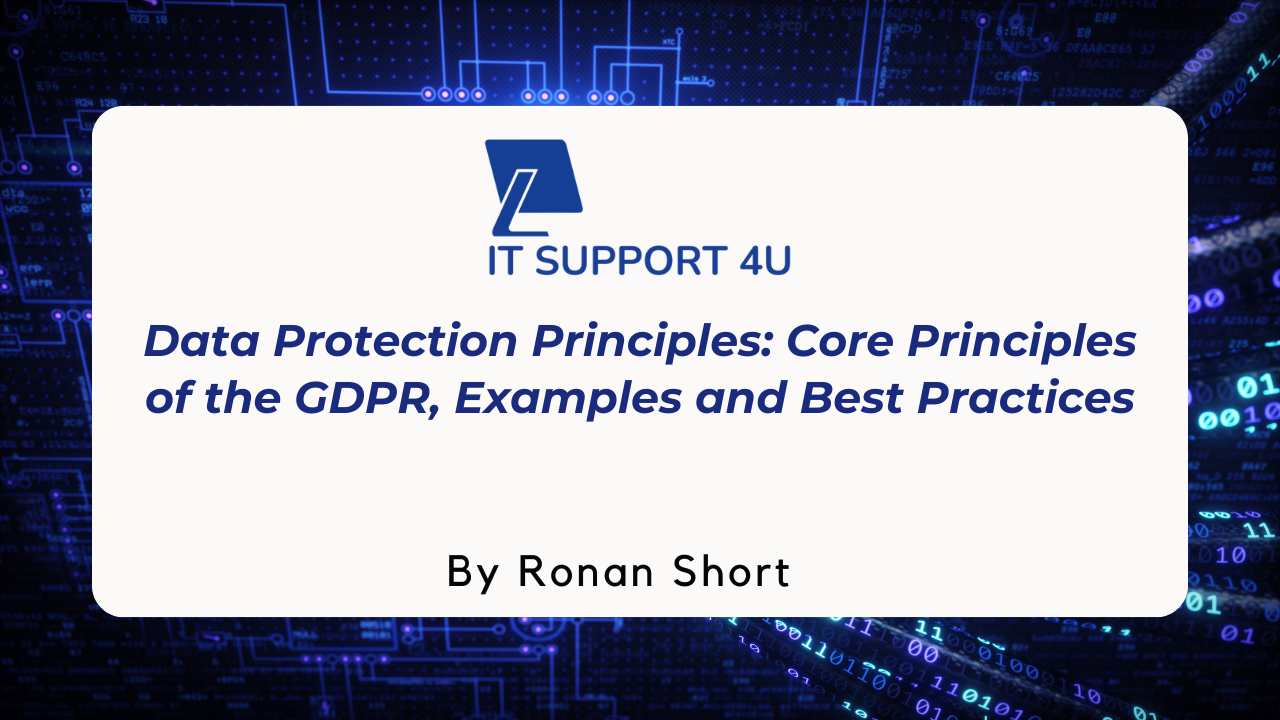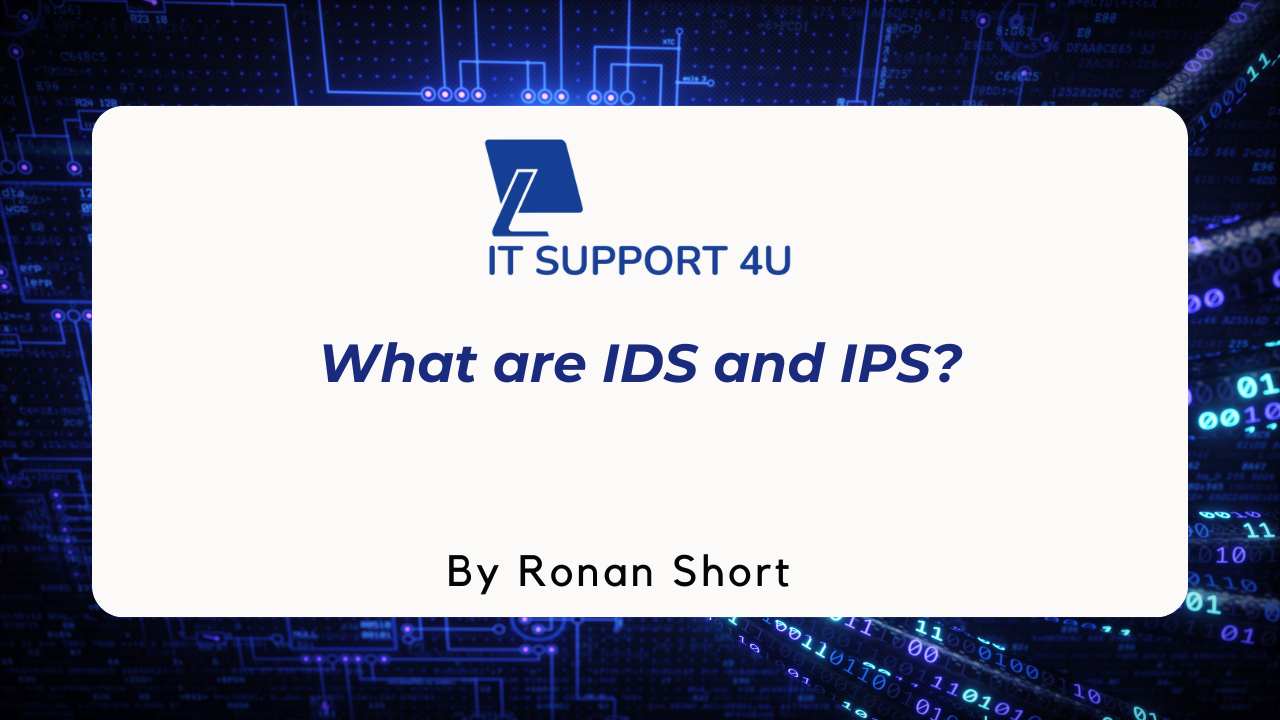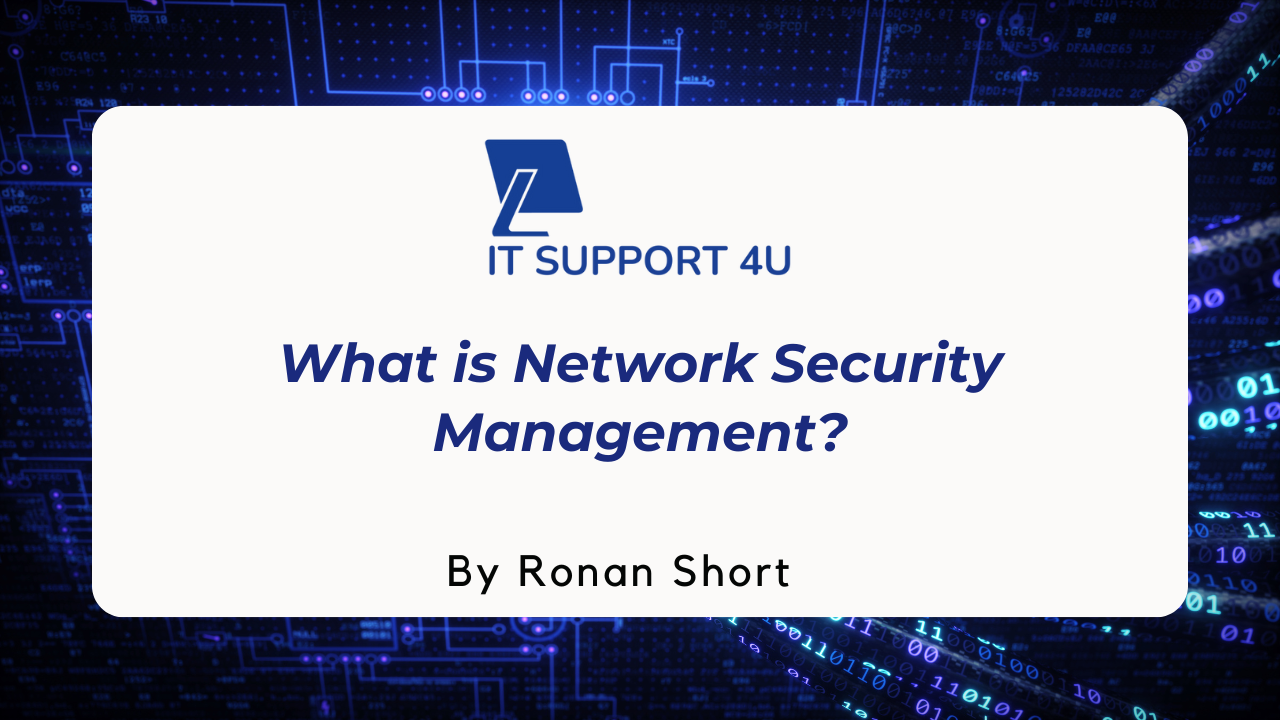Are you looking for how to protect your network from cyber threats in Ireland? One of the most effective tools is a properly configured firewall. But how does firewall configuration work for Irish networks, and why is it so important?
With growing digital risks and strict data protection regulations, having a secure, customised firewall setup is no longer optional—it’s essential. From defining traffic rules to monitoring for suspicious activity, each step plays a role in defending your systems.
In this blog, we’ll explore how firewalls work, what configuration involves, and how Irish businesses can benefit from a customised approach. Whether you're a small firm or a large enterprise, the right firewall setup makes all the difference.
Let’s start!
How Can You Understand Firewall Configuration in Network Security?

A firewall acts as a digital barrier that filters traffic entering or leaving a network. To work effectively, it must be configured based on specific rules customised to network needs. These rules define which data is allowed and what should be blocked, depending on the source or destination.
For businesses in Ireland, it's vital to ask: how does firewall configuration work for Irish networks when addressing local data regulations and common threats. Settings may vary depending on whether the network is public or private. Proper configuration helps ensure sensitive information stays protected from unauthorised access or malware.
Why Basic Firewall Setup Isn’t Enough?
Using a firewall with default settings leaves your system open to cyber risks. Hackers often exploit basic configurations or outdated firewalls to breach systems. Many Irish networks are still vulnerable due to a lack of proper policies or updates.
It's crucial to ask not just if a firewall is installed, but how does firewall configuration work for Irish networks to meet specific security needs. File protocols and internal access permissions should be carefully reviewed. Customising settings for your network type is a key step in defending against data leaks and unauthorised intrusions.
How Firewall Configuration Protects Irish Networks?
Firewall configuration plays a critical role in safeguarding businesses across Ireland from rising cyber threats. By setting clear rules and adapting to local network environments, organisations can significantly reduce risk and maintain compliance with national standards.
1. Assessing the Network Type
Before configuring a firewall, it’s essential to determine whether the network is public, private, or hybrid. This decision affects the level of access control needed. In Ireland, many SMEs operate on private networks that need stricter controls.
Public networks, such as those used in shared office spaces, require a more cautious approach. Identifying the correct type helps customise the configuration appropriately.
2. Defining Access Rules and Restrictions
Firewall rules determine what kind of traffic is allowed in or out of the network. These rules are based on IP addresses, ports, protocols, and specific applications. Irish organisations often restrict access to known safe IPs while blocking untrusted sources.
Properly applied, these rules help prevent data breaches and unauthorised intrusions. They must also be reviewed regularly to stay current with evolving threats.
3. Configuring Security Policies for Compliance

Ireland follows strict GDPR data protection laws, making compliance a priority in firewall setup. Firewalls should be configured to log traffic, detect anomalies, and alert administrators when needed.
For sectors like healthcare or finance, additional encryption and logging rules may be required. Ensuring these policies are in place helps meet both legal and operational demands. Configuration tools often include templates to simplify this process.
4. Updating Software and Firmware Regularly
Outdated firewalls are a common target for cybercriminals. To stay protected, Irish organisations should regularly update their firewall software and hardware firmware. These updates include patches for known vulnerabilities.
Many managed IT providers in Ireland offer automated update services. Keeping systems current ensures the firewall continues to operate at peak efficiency and security.
5. Monitoring and Testing Firewall Performance
Once configured, the firewall must be tested and monitored to confirm it’s working as expected. Irish businesses often use penetration testing and threat simulations to assess defences.
Logs and analytics should be reviewed routinely to detect suspicious activity. Real-time monitoring tools can alert administrators before issues increase. This final step ensures that your setup delivers ongoing protection.
In short, how does firewall configuration work for Irish networks depends on careful planning, local regulations, and a proactive approach to ongoing management. Appropriate configurations help secure sensitive data and protect business operations across the country.
Conclusion
Firewall configuration plays a vital role in protecting Irish networks from modern cyber threats. From defining access rules and identifying network types to maintaining compliance and monitoring performance, each step ensures data stays secure. Customising these settings to local business needs and regulations helps prevent attacks and supports smoother operations.
If you're unsure where to begin or want expert help, contact IT Support today. Our team can configure and manage your firewall setup to match your network’s needs and provide ongoing protection for your business.
Get an IT Plan Today!













